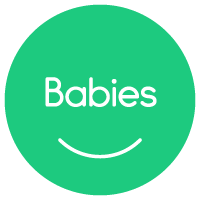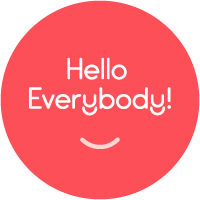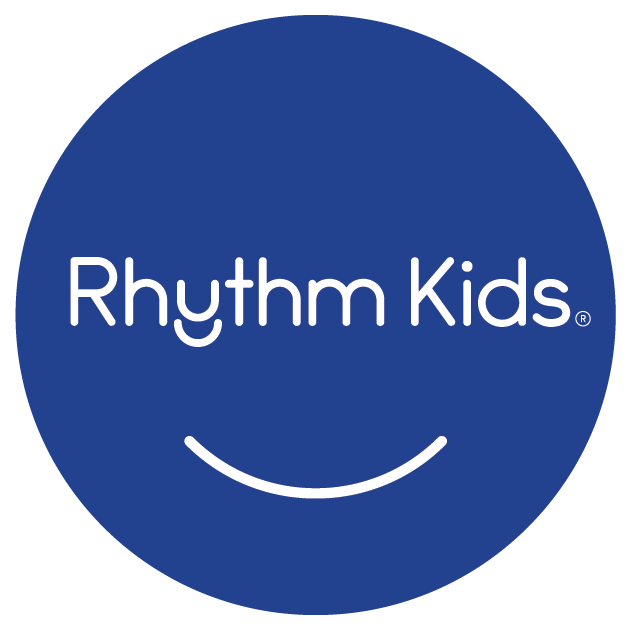Babies Class
Every child’s music development benefits from early exposure to music and movement. Because the early months are so important, Music Together® offers two options for babies. Infants may attend a mixed-age class, whether registered on their own or attending free with an older sibling. They may also be registered for the special “Babies Class” offered as a one-semester introduction to Music Together®. The music activities and materials are specially designed for parents who want to learn as much as possible about music development in infants, and meet other parents of newborns and learn fascinating music activities you can recreate at home with your baby. Babies must be under eight months old on the first day of class. We recommend infants older than eight months register for mixed-age classes.

Generations
Music is an essential part of being human. Support for music learning in early childhood can yield both life-long skill and enjoyment in music experiences. While Music Together’s core program serves families with children ages 0-5, it’s a natural extension of that core mission to include intergenerational class experiences where families attend class with elders at a senior day or residential facility. These special kinds of Music Together classes have been beloved now for years as more and more communities recognize the unique power of making music together across generations.
For many families as well as many of the elder participants, extended family live far away and so there is a kind of surrogate family created through the Music Together class bringing back something essential that’s been lost: intergenerational music-making.

Mixed Ages
This is the essential Music Together class, one that a child can attend from birth through kindergarten—and through all nine song collections. This basic class follows the recommendations of child development researchers—grouping children of a variety of ages in one class. This approach fosters natural, family-style learning where younger children enjoy watching and imitating older ones; older children learn by leading younger ones; and adults are happy because the children in the family can go to class together. Each child participates at his or her own developmental level in singing, moving, chanting, listening, observing, or exploring musical instruments.
We welcome the whole family to join in this important family music experience and any caregiver—parents, grandparents, nanny—can bring the child(ren) to class.

Rhythm Kids® Level 1
For children in Preschool and Pre-K (ages 4 and 5). Rhythm Kids® Level 1 is the next step for music and movement with a parent or caregiver in the Music Together® program. Each week classes are led by our trained teachers as they guide the children in exploring and developing basic rhythm skills through drumming, singing, and dancing to a combination of Music Together® songs and new music inspired from around the world. Children will learn to take charge, cooperate and lead as they express themselves musically.
Rhythm Kids® Level 2
For children in Kindergarten through Second grade (ages 5 through 7). Rhythm Kids® Level 2 is the music and movement Music Together® program where children continue their musical journey and development into the stage of exploration and expression of rhythm through drumming, singing, and dancing integrating this discovery of rhythm into their daily lives. Children will develop skills in improvisation, conducting, and composition finding new ways to connect their mind, body, and voice through rhythm to a combination of Music Together® songs specifically adapted for their age and new music inspired from around the world. Classes are led by our trained teachers, and children continue learning outside of class with access to proprietary interactive play-along videos online.
Fun-filled Rhythm Kids® classes naturally support your big kid's rhythm development and help them prepare for formal music lessons. Classroom activities engage children as they solo, work in ensembles, play new patterns, and improvise. All of this supports your child's social and listening skills, self-expression, and self-confidence like only music can.
